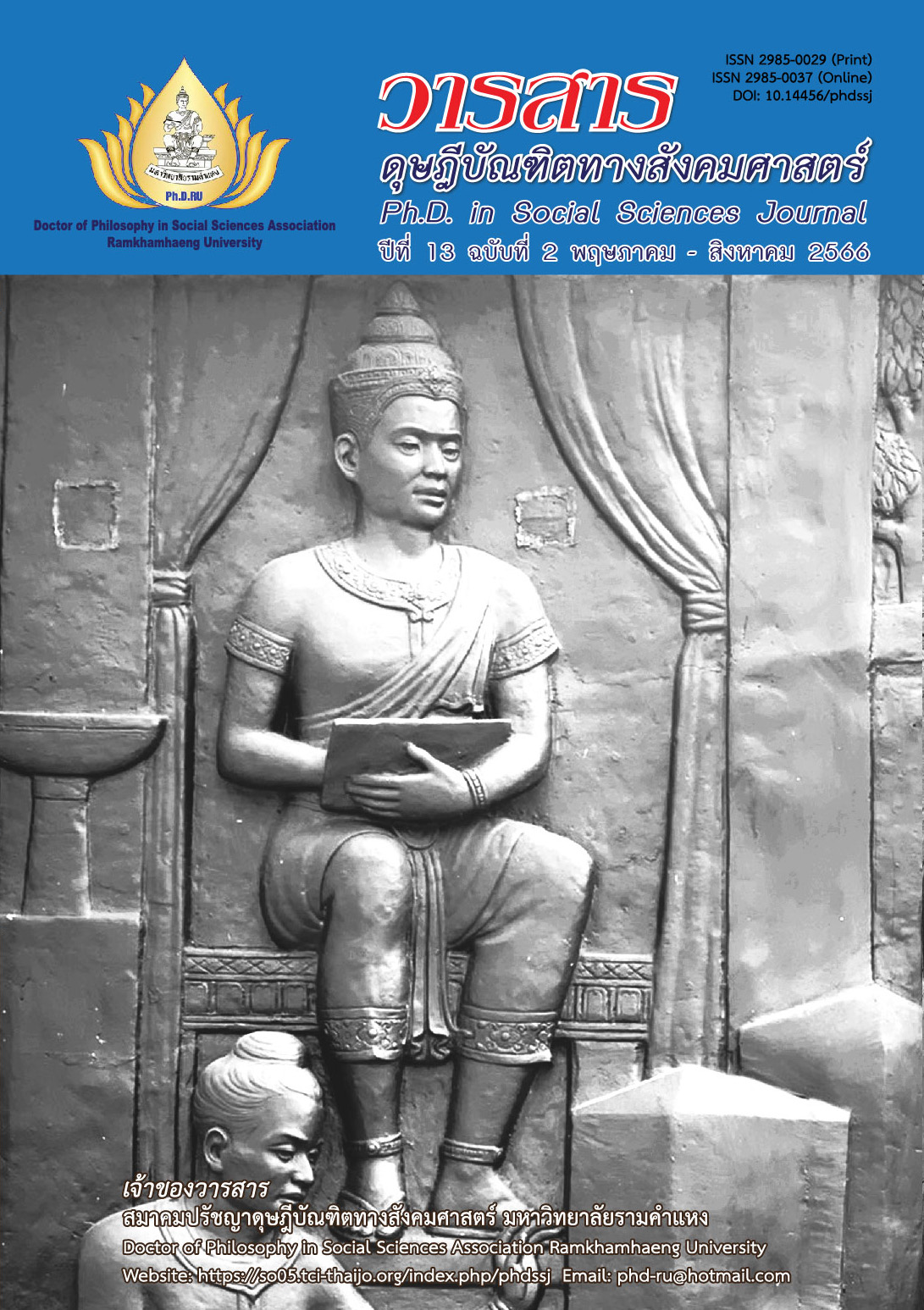Establishment of an Election Courts in Thailand
Main Article Content
Abstract
This academic article aims to analyze the condition, problems or obstacles of the Election Commission of the Election Commission, the Supreme Court and the Court of Appeal. Election Litigation Division and to study the importance and necessity of establishing an electoral court in Thailand in order to apply the findings to the establishment of an appropriate electoral court for Thailand. The study of this issue was based on concepts and theories related to the establishment of the Electoral Court, namely the legal state, the principle of separation of powers. Guarantees for the protection of rights and freedoms of the people by the judicial body, the Constitution of the Kingdom of Thailand B.E. 2560 and the Organic Act on the Election Commission B.E. 2561 as a framework for analysis.
Findings are as follows: Thailand needs to establish election courts to render decisions for offences related to elections. Election courts should be determined to have a procedure for cases related to the elections specifically different from general criminal and civil cases. The use of authority to render decisions for offences related to the elections must be speedy. If delayed, it may affect the administration of state affairs. The establishment of and procedure for election courts specifically in an open manner will result in standardized, clear, transparent, and just decisions which will affect the general public. The consideration of judges who have knowledge and ability in regard to the election law will ensure speedy, accurate, and efficient consideration of cases which is a guarantee to members of the general public better than other systems.
Article Details

This work is licensed under a Creative Commons Attribution-NonCommercial-NoDerivatives 4.0 International License.
Academic articles, research articles, and book reviews in the Ph.D. in Social Sciences Journal are author’s opinions, and not the publisher’s, and is not the responsibility of the Ph.D. in Social Sciences Journal Philosophy Association, Ramkhamhaeng University. (In the case that research is done on human, the researcher has to be trained in Ethics for Doing Research on Human Training and has to produce the evidence of the training).
References
Krea-Ngam, W. (1987). Constitutional law (3rd ed.). Niti Bannakarn. [In Thai]
Kongmuang, P. (2007). Principles of public law. Dhurakij Pundit University, Faculty of Law. [In Thai]
Meewongukos, B. (2013). Constitutional law (7th ed.). Thammasat University, Faculty of Law, Textbook Project and Teaching Documents. [In Thai]
Saeng-Uthai, Y. (1995). General constitutional principles (9th ed.). Winyuchon. [In Thai]
Thongthammachat, K., & Traimas, C. (2002). The evolution of the Thai constitutional system from the past to the present: With the text of the Constitution of the Kingdom of Thailand, B.E. 2540. Bhannakij. [In Thai]
Wisarutpitch, W. (1997). Concepts and basic principles in public law: A collection of some articles on administrative law and constitutional law. Nititham. [In Thai]


